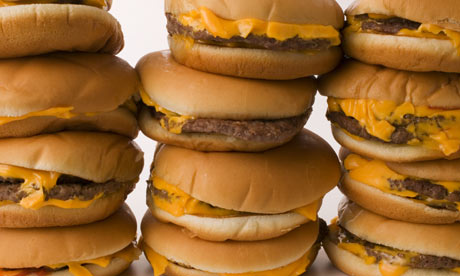
Using legislation to regulate how and what we eat is a process larded with equal amounts of virtue and delusion. The motives are obviously good, but it rarely works. The problem is that while our diet is measured as a single event – too high in fat, too low in fibre – it is experienced incrementally, in response to human desire, and the law has always been poor at intervening there.
This is why the many projects under way in Liverpool and elsewhere make an awful lot of sense. Simply telling people to stop eating takeaways was never going to be the solution; quietly intervening in the composition of the food they are eating – reducing levels of salt and fat, downsizing the portions – has to be the way forward.
But far beyond the remit of local councils pulling on the few levers at their disposal is a much bigger issue: our hunger for takeaway food in the first place. We seem to be addicted to the stuff. It is proof of just how fragile and surface so much of our foodie culture is. Charismatic figures on television trundle across verdant hillsides, babbling about the imperative to buy local, seasonal produce. Our flagship public broadcasting channel – BBC1 – thinks nothing of dedicating 90 minutes of prime time to an amateur cooking contest such as Masterchef. And yet, when it comes to dinner, a fair slab of us snub the arduous business of fire and knives in favour of something pre-prepared.
And takeaway food really is the very worst of it. Portion size and nutritional composition are a major worry, but so are the raw ingredients. Because takeaway food does not tell you what's in it, consumers do not know that it tends to be the last redoubt of trans fats, associated with myriad health risks and, for that reason, banned in certain countries (though not this one). They do not know that it is the major market for the very cheapest chicken breasts, bulked with water held in place by often illegally mislabelled protein powders of porcine origin.
The current efforts to change the takeaway meals we are buying certainly make an awful lot of sense. Using local government licensing bylaws to limit the number of businesses opening is very smart. It can all make a major difference. But real change won't come about unless we find subtle ways in which to educate ourselves about the impact of the food we are eating in some manner that goes beyond the hectoring and misplaced piety of self-proclaimed foodies bigging up the virtues of some £17 organic chicken.

